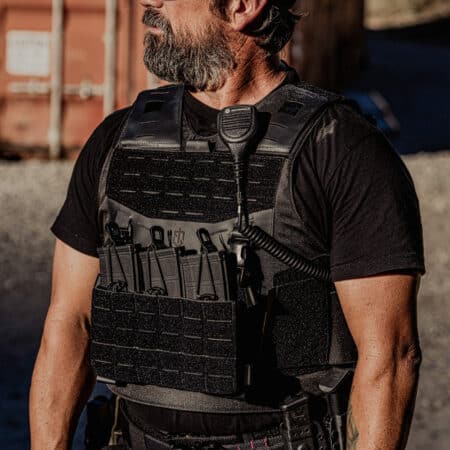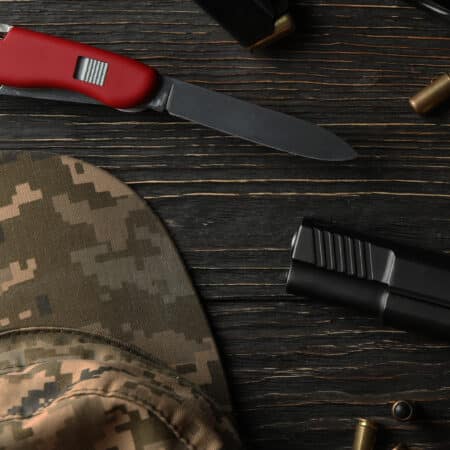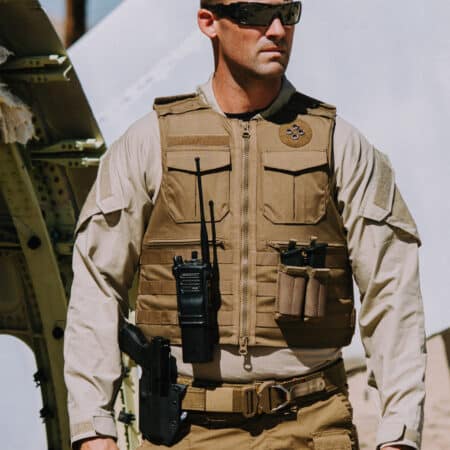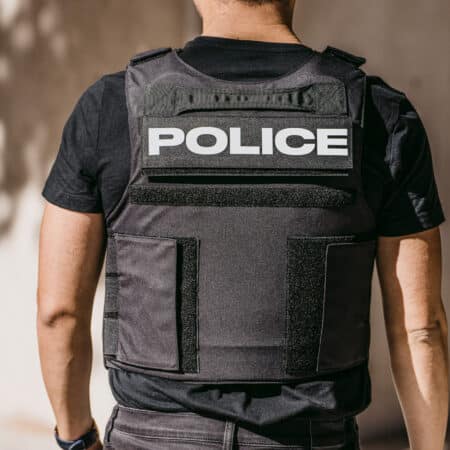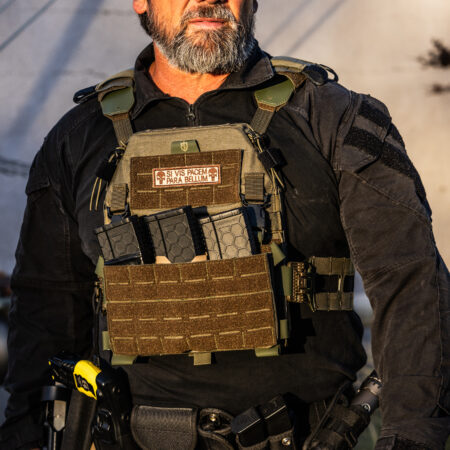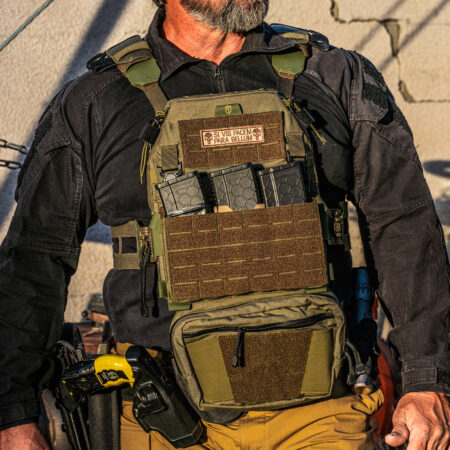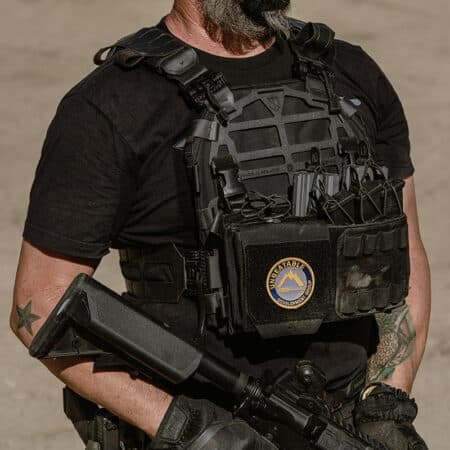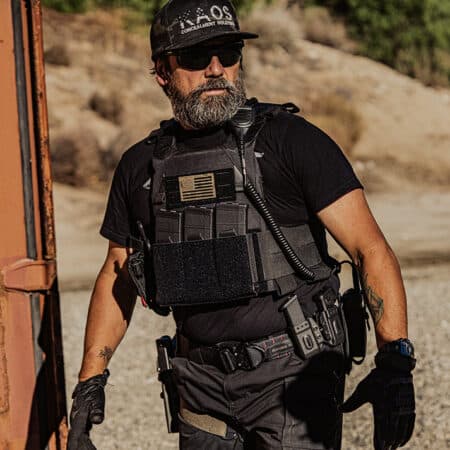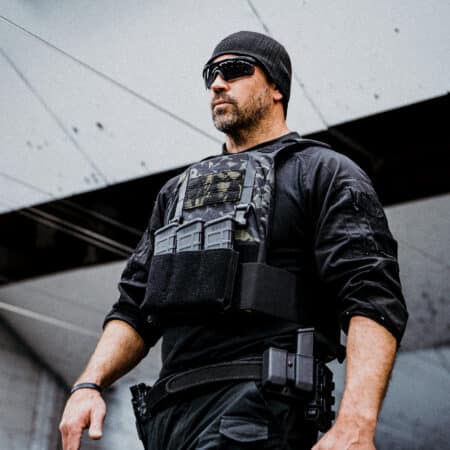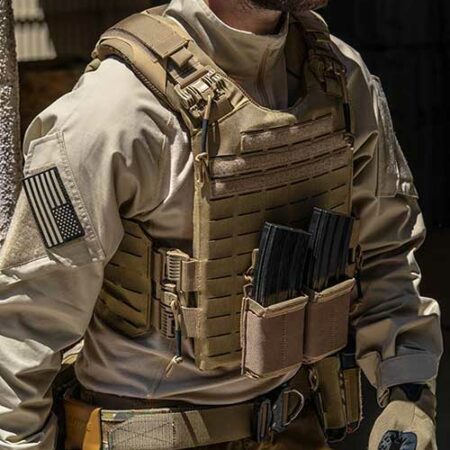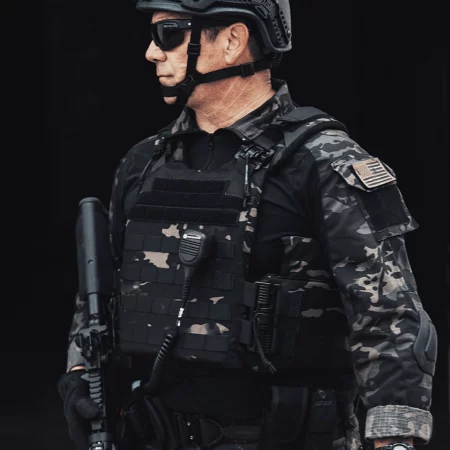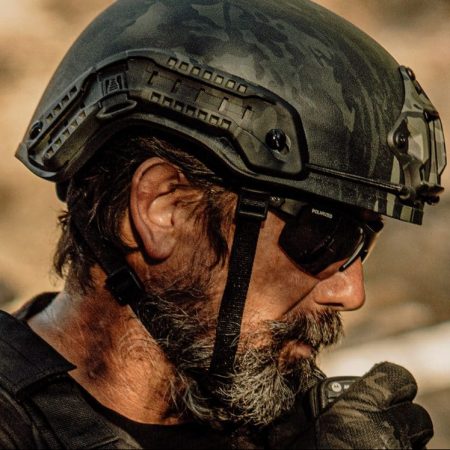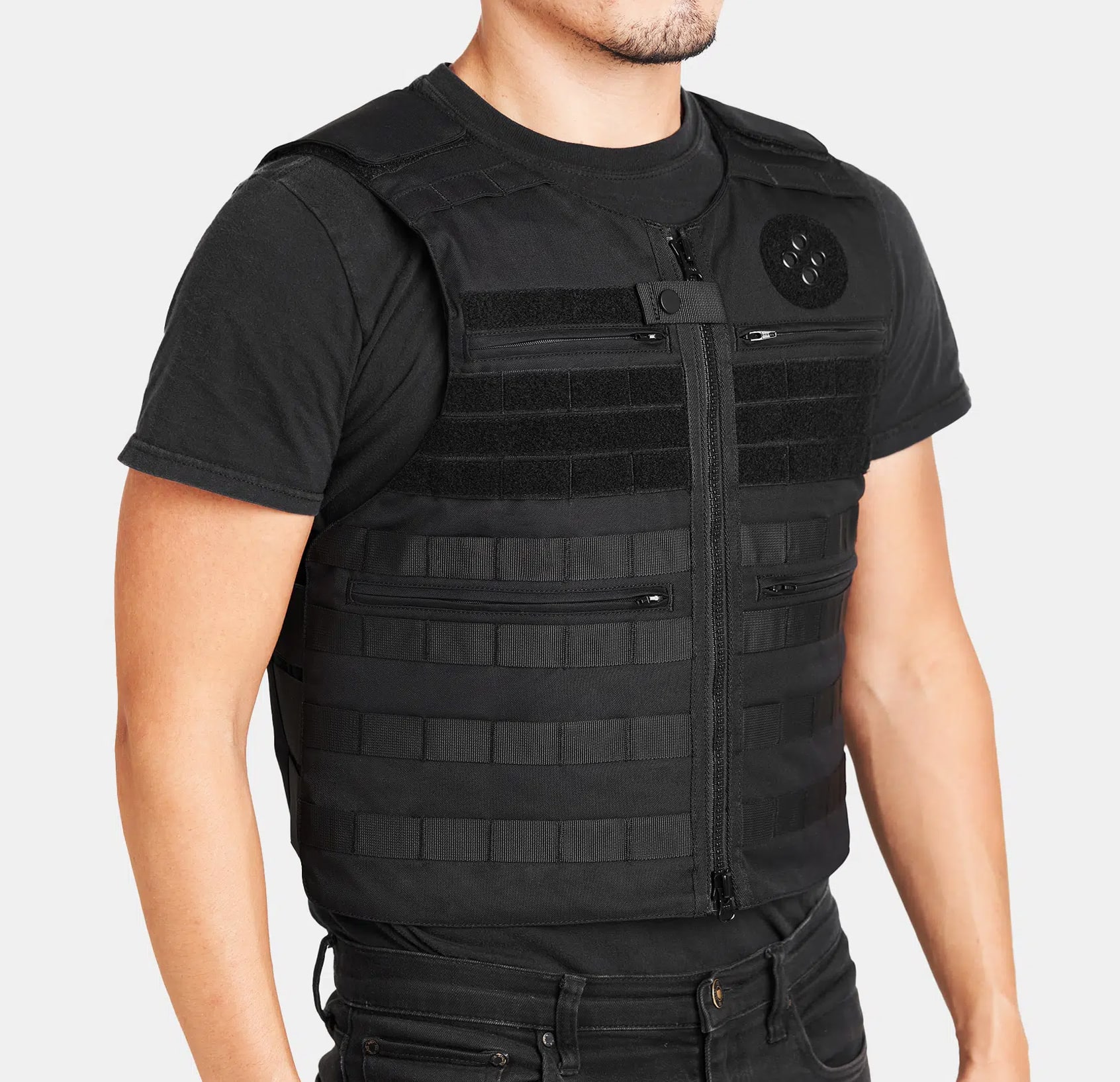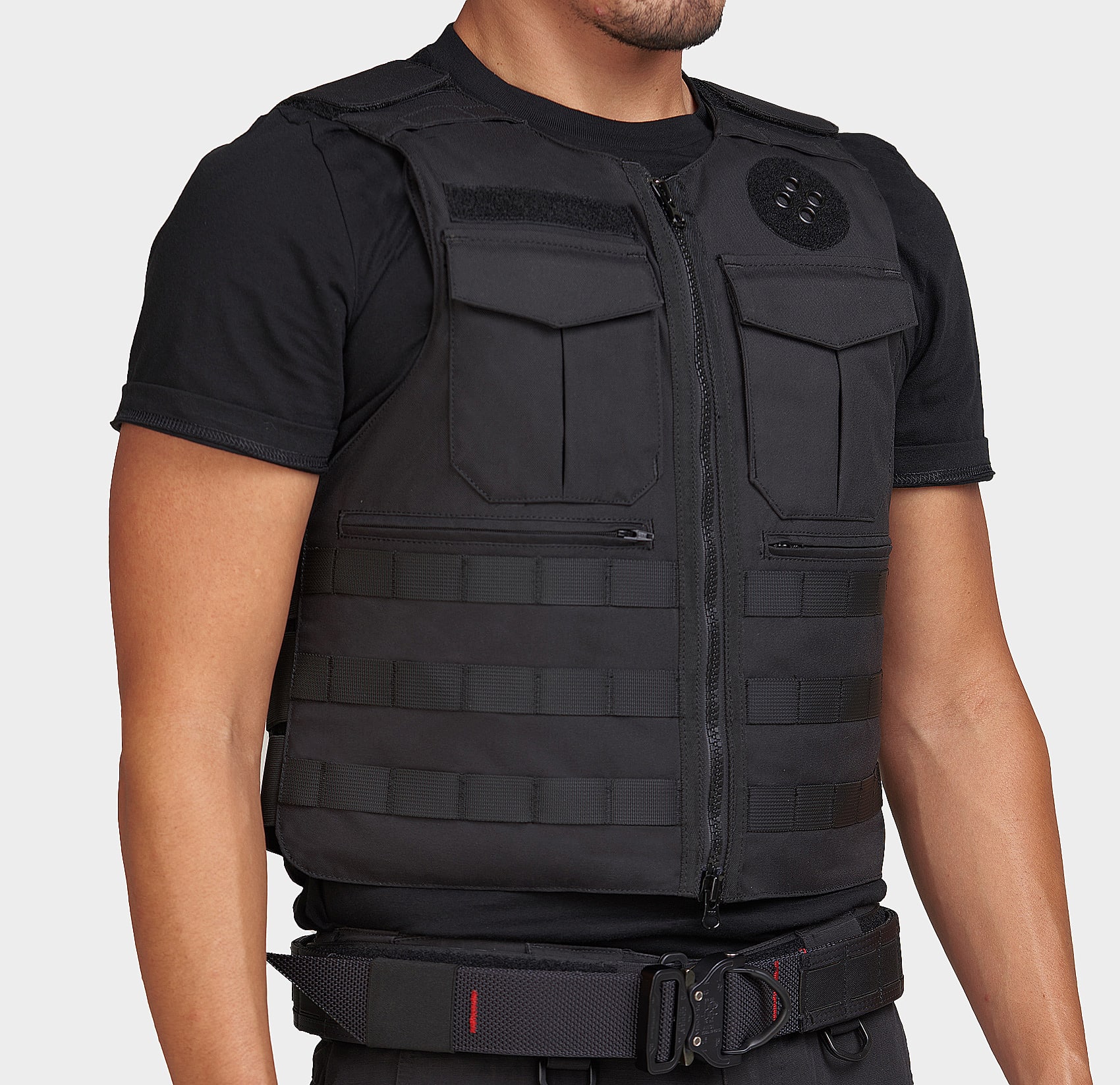The 2024 U.S. elections are fast approaching, with approximately 244 million Americans eligible to vote. In 2020, voter turnout hit a record 66.6%. I that trend continues, over 162 million ballots could be cast by November 5th. As the nation prepares to head to the polls, concerns about the future are more pronounced than ever. Social and political divisions have deepened, and many Americans are anxious about what their rights and freedoms may look like under a new administration.
At the heart of these concerns is the ongoing debate over the Second Amendment and the civilian ownership of firearms. For years, this issue has dominated elections, with the left advocating for tighter regulations and the right defending constitutional rights. Firearms policy has become a cornerstone of political agendas, with candidates from both sides framing their positions to attract voters and bolster their chances of forming the next government.
In recent years, however, the debate has extended beyond firearms to include body armor. Many anti-gun advocates and politicians are now calling for stricter regulations on body armor. So, as we look ahead, it’s crucial to understand how the results of these elections could impact the availability of body armor for both security professionals and civilians.
Historical Context of Body Armor Regulation
Current Federal Regulations:
At the federal level, body armor regulations are relatively minimal compared to firearms. The primary federal law impacting body armor is the 2002 “Violent Crime Control and Law Enforcement Act,” which prohibits convicted felons from purchasing or possessing body armor. This law primarily prevents individuals with criminal records from accessing protective gear for use in criminal activities.
Beyond this, there is little in the way of comprehensive federal regulation of body armor. Civilians are generally allowed to purchase and own body armor without the need for background checks or registration, except for the specific restrictions on felons.
However, Recent concerns about the use of body armor in mass shootings have prompted periodic calls for additional federal oversight, but lawmakers have not yet enacted major legislative changes at the national level.
State-Level Restrictions:
Unlike federal law, some states have taken steps to regulate body armor more tightly. For example, New York passed legislation in 2022 restricting the sale of certain types of body armor. Including bulletproof vests, and hard armor plates for civilians. The legislation allows only law enforcement, security personnel, and other public safety officials to own body armor.
This law emerged after the tragic Buffalo mass shooting, where the gunman wore body armor, sparking renewed debate over whether civilians should have unrestricted access to such gear.
Other states, like Connecticut, have also imposed regulations, such as requiring in-person sales of body armor to prevent online purchases and ensure some level of scrutiny over who can buy it.
These examples show that, while federal regulations remain light, state governments have more flexibility to impose their own rules, leading to a patchwork of body armor laws across the U.S.
Recent Legislative Proposals:
In recent years, some lawmakers have proposed additional body armor restrictions. For example, Congresswoman Grace Meng, a Democrat candidate from New York, introduced the “Responsible Body Armor Possession Act” in 2019, which sought to ban civilian ownership of body armor across the country unless the individual received federal or state authorization. While this bill did not advance far in Congress, it highlights the growing concern about future federal regulations.
On the state level, New York’s 2022 body armor law could serve as a model for other states looking to tighten restrictions, especially in the wake of mass shootings involving individuals who used body armor.
The Democrat and republican stances on body armor.
Democratic Party Stance:
The Democratic Party consistently pushes for tighter gun control policies. Recently they have included body armor regulations in their broader efforts to address gun violence. This concern was heightened following several high-profile mass shootings where attackers wore body armor, prompting calls for new restrictions.
Democrats have generally advocated for policies such as universal background checks, red flag laws, and bans on high-capacity magazines and assault weapons, which they argue will help reduce gun violence. There is potential for body armor to be included in these discussions, especially as it becomes more intertwined with concerns about mass shootings.
Republican Party Stance:
On the other side of the aisle, the Republican Party has remained steadfast in its defense of Second Amendment rights. This includes opposing any regulation that would limit access to firearms or protective equipment such as body armor. Republicans argue that individuals have the right to self-defense and view body armor as an essential part of that equation.
Republican candidates and lawmakers emphasize the importance of personal freedoms and the right to bear arms as fundamental constitutional rights. They argue that additional regulations, whether on firearms or body armor, would infringe upon these rights. Additionally, they challenge the real world effectiveness of such laws, as they would do little to prevent criminal activity. Instead, they assert that such measures would only penalize law-abiding citizens seeking to protect themselves.
You see, criminals or motivated individuals who are planning on breaking the law probably won’t care about breaking the law to illegally get body armor, or firearms for that matter. There already is a massive firearms black market in the US. It won’t be any challenge for these criminals to sell body armor illegally as well. So, republicans believe that putting restrictions on body armor, or firearms, doesn’t actually solve anything. Instead, the government needs to take steps to eliminate black markets that sell firearms. Also, they should prevent crimes like firearm theft, both by educating civilians, and empowering law enforcement.
The Impact on Security Professionals
Body armor is a critical piece of equipment for law enforcement officers, private security personnel, and other professionals in dangerous fields. If restrictive laws were to be enacted, they could impact not only civilians but also security professionals who depend on body armor as a fundamental aspect of their safety gear.
For example, if broader legislation were to limit the types of body armor that can be sold or impose stringent background checks, security personnel might experience delays or increased costs in acquiring their gear. This could, in turn, affect private security firms, bodyguards, and even emergency responders who are required to wear such protection as part of their jobs.
Despite growing concern over body armor in the public discourse, any restrictive legislation would carve out exceptions for professionals whose jobs require protective equipment. In fact, even in states like New York, where some of the strictest body armor regulations exist, exemptions are made for law enforcement and other professionals.
That said, the likelihood of sweeping federal laws regulating body armor is relatively low. Even if Democrats gain control of Congress and the presidency in the 2024 elections. Historically, federal efforts to regulate body armor have faced significant opposition and failed to gain traction in Congress. This is largely due to concerns over personal freedoms. And the belief that such laws would disproportionately affect law-abiding citizens rather than criminals.
Product Comparison
Conclusion:
In conclusion, body armor regulations are becoming a crucial part of the gun control debate. Significant changes will depend on the political climate after the 2024 elections. The Democratic Party’s push for stricter regulations could lead to more state-level restrictions or federal oversight. Meanwhile, Republicans continue defending Second Amendment rights, including access to body armor. Security professionals will likely see exemptions, but stricter laws may still affect cost and accessibility. As political tensions rise, security professionals and civilians must stay informed and prepare for potential shifts. Above all, they should exercise their constitutional right and vote for candidates who align with their beliefs.





